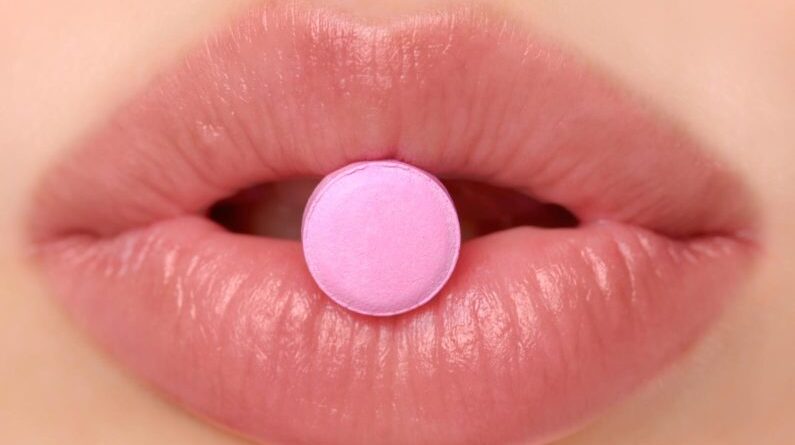In a recent article in the New York Times entitled “Nothing Is Wrong With Your Sex Drive”, the author gave her opinion on the drug Flibanserin and her take on the history of low desire. My feeling is that this article may do many women a huge disservice. Unfortunately to assume that a woman’s low desire is not something worthy of being treated with medications is a big problem. It is akin to saying women don’t menstruate or don’t go through menopause.
Hormonal fluctuations in women are normal. Most women have a monthly cycle that creates surges in different hormones which often creates increased desire. At this point a great deal of research has been published connecting testosterone to desire in women. Women make testosterone and need testosterone for healthy sexual functioning. As with all sexual things, women have a range of how much they produce and how much they need for a satisfying sex life. To disqualify the hormonal aspect of ones sexuality is to misinform the public. Men also suffer from low desire related to low testosterone levels and they can also be treated effectively with testosterone treatment. I am not advocating for the drug Flibanserin. I don’t know enough about it. However, I would advocate for testosterone treatment for women who feel they lack the desire they want.
Similarly women need certain chemical spikes for arousal and orgasm. This is why there is great concern that individuals on certain SSRI’s will have decreased libido. We have found Wellbutrin which increases dopamine to be an excellent addition to an anti-depressant because by increasing the dopamine in the brain, it can increase lubrication and make orgasms easier to have and more fulfilling. There is quite a bit of research to back this up so why on earth would this author be telling women that they are not really feeling what they are feeling? The first question a psychiatrist might ask after prescribing an SSRI is are you having sexual difficulties? The reason being because they might be!
The author goes on to discuss how notions of desire have changed over time. It used to be understood as being an inherent need or longing and it is now understood as often being created by touch first or arousal. Some women don’t initially feel desire but become aroused when touched. I think it is great she touched on this and it is certainly true. It is very important to me that a woman understand all aspects of her sexuality and this author touches on just one part.

